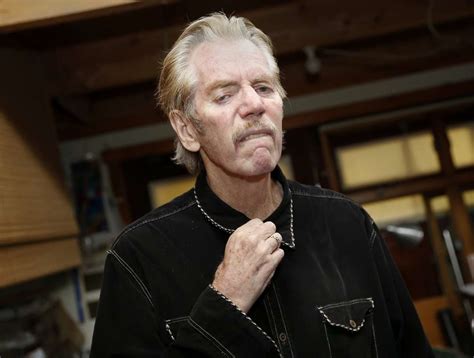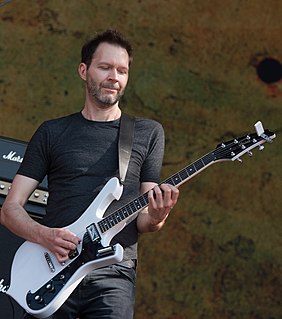A Quote by Jonny Greenwood
I suppose subconsciously I was thinking in terms of having the scale of it matching the scale of the images. Hence the sort of string quartet, jazz band and electronic stuff.
Related Quotes
Scale is a mental - you can say that a lounger has scale, a building has scale, or an object has scale, or a page, or whatever if it's just right. A scale is a relationship to the object and the space surrounding it. And that dialogue could be music, or it could be just noise. And that is why it is so important, the sense of scale.
Often, when I want to read something that is satisfying to me as theology, what I actually read is string theory, or something like that - popularizations, inevitably, of scientific cosmologies - because their description of the scale of things and the intrinsic, astonishing character of reality coincides very beautifully with the most ambitious theology. It is thinking at that scale, and it is thinking that is invested with meaning in a humanly evocative form. That's theology.
If you paint a building shocking pink, that has no scale, it is just a huge mistake, but it's not in the scale of the city to have things like that. You know. So, not only because it's not appropriate, not only because it's offensive to the environment, I mean but among them also because that quantity of that color in the urban scale, is out of scale.
It's so easy to practice out of context. For example, if you're learning a scale, you take that scale and you sit in your room and you go up and down the fretboard, over and over. You've gotta do that, because you need to get that scale working. But you have to keep in mind that that's not the finished product. That's the starting point.


































